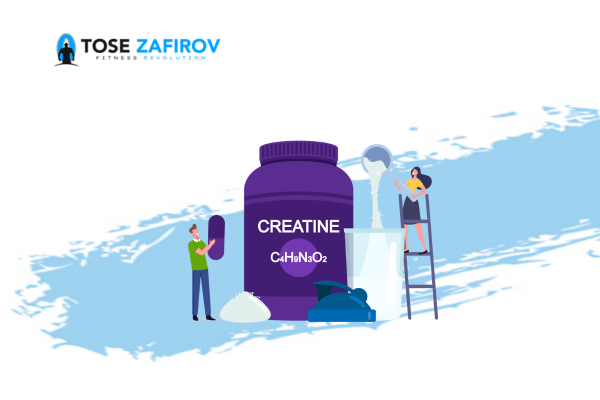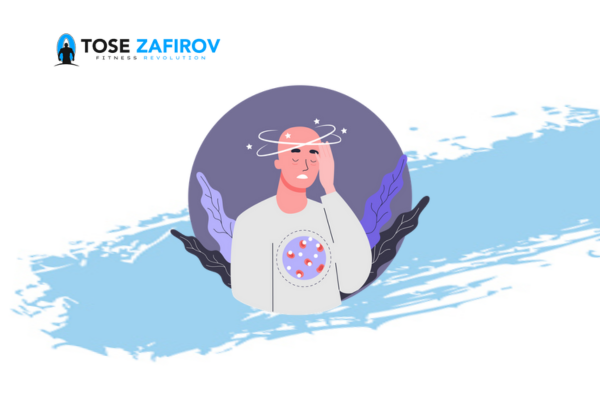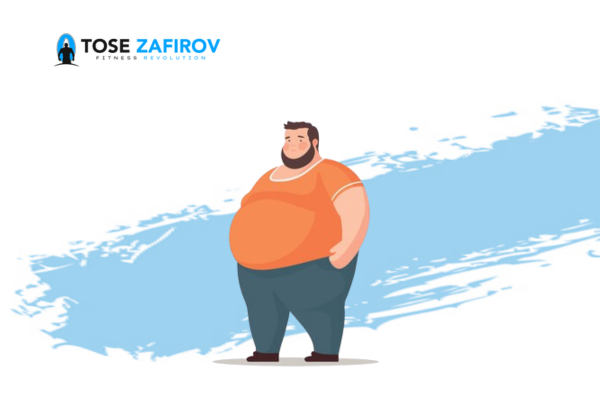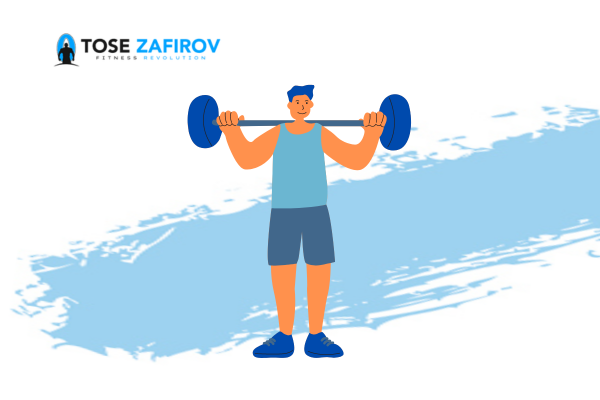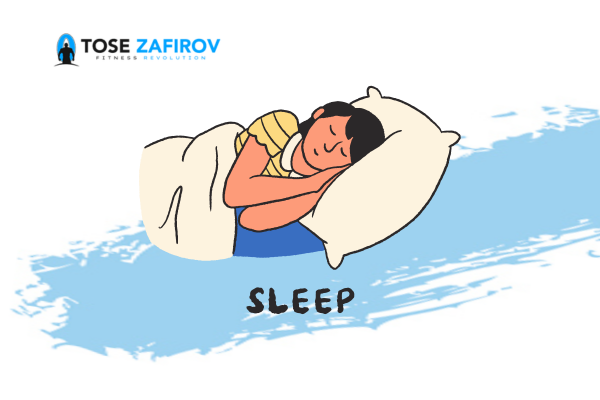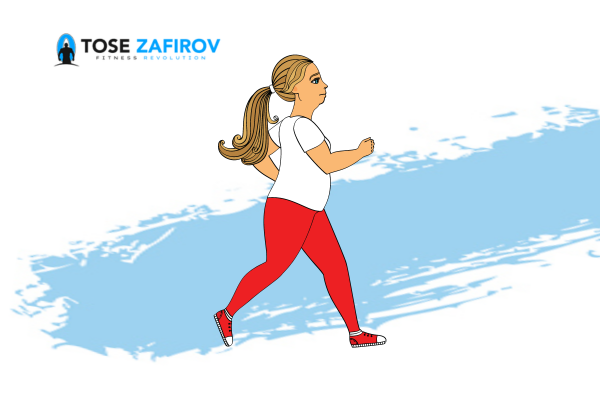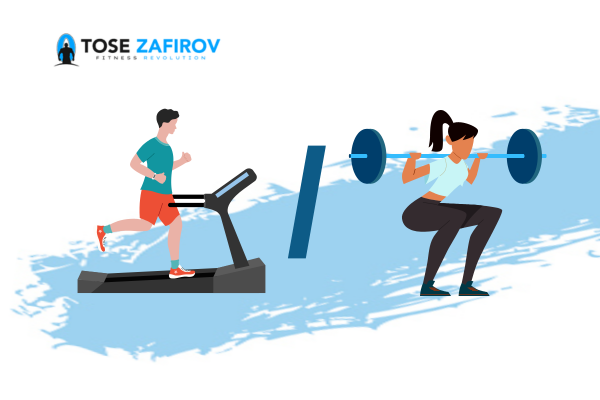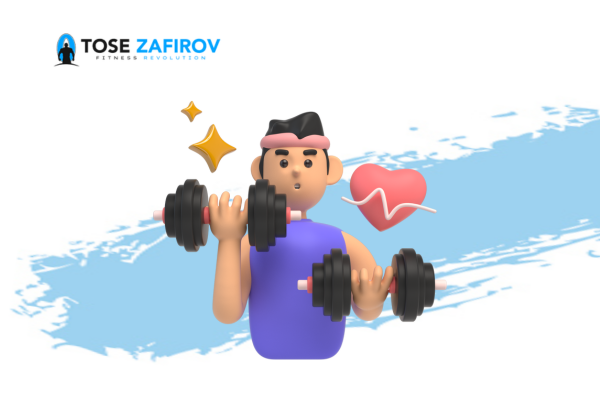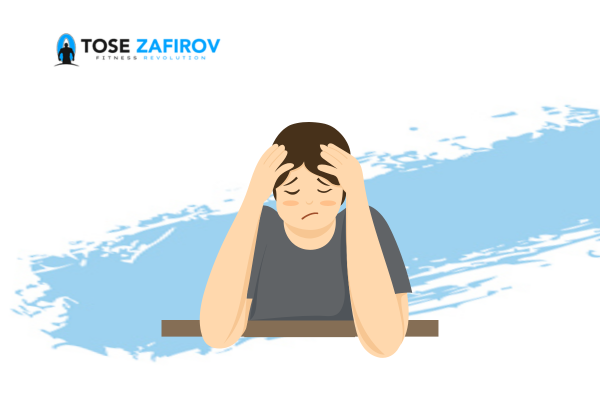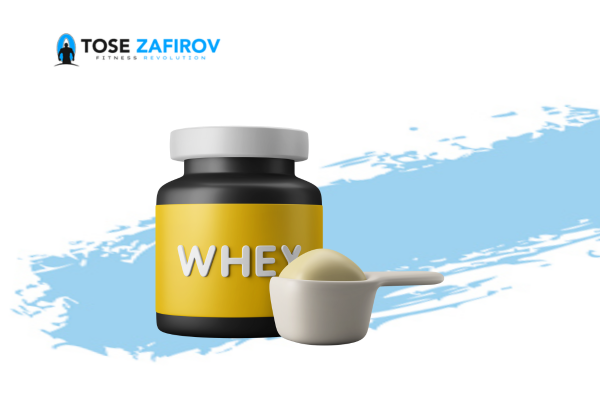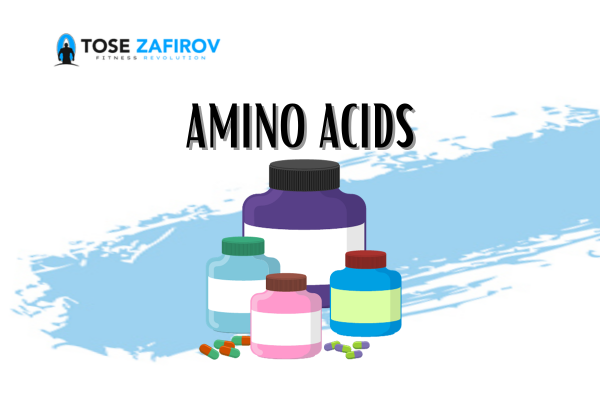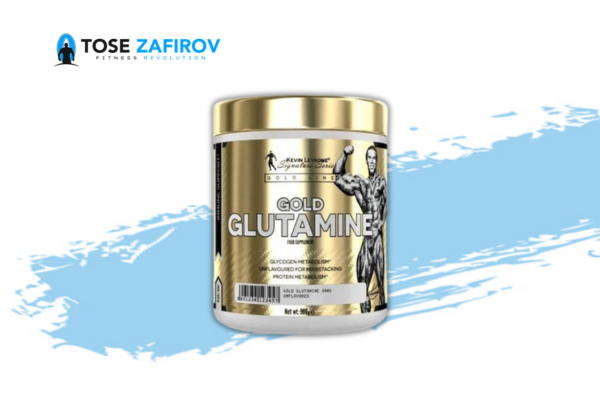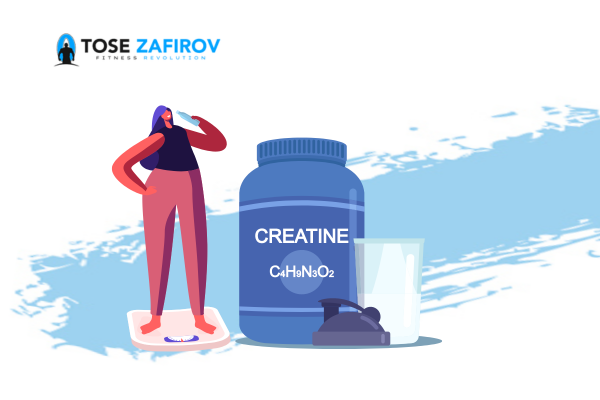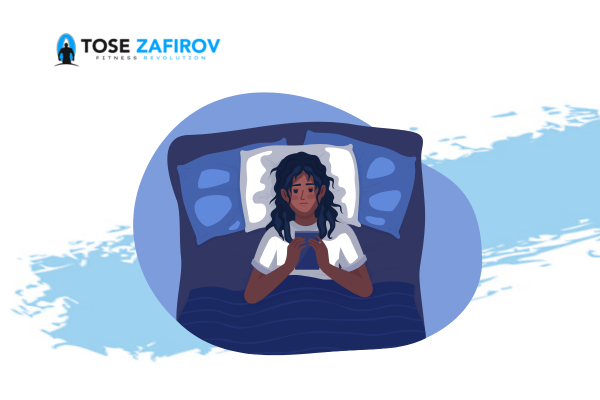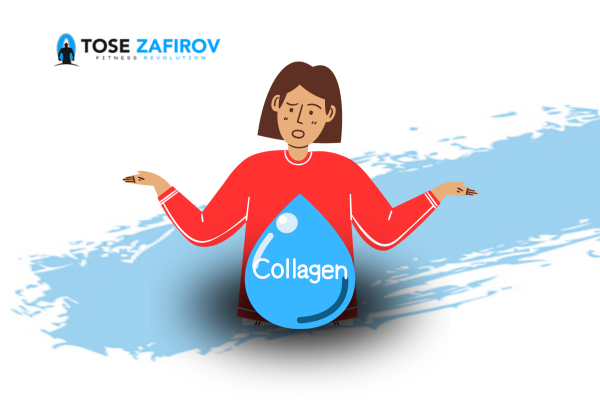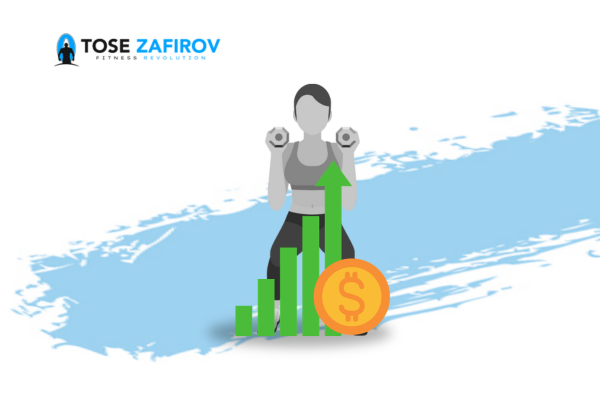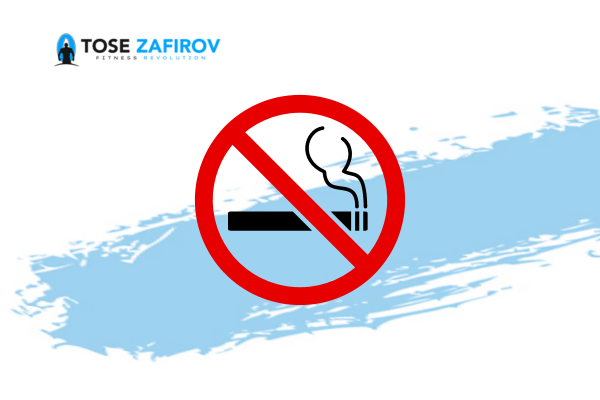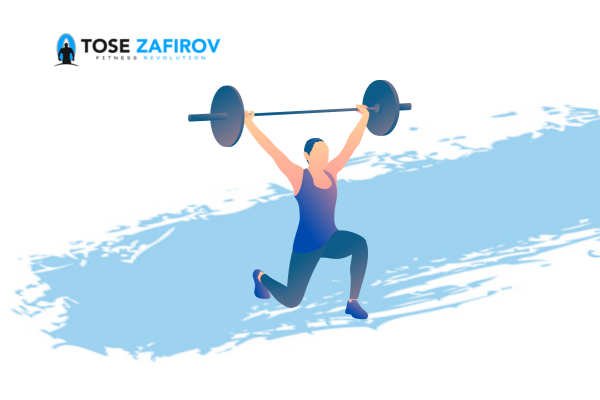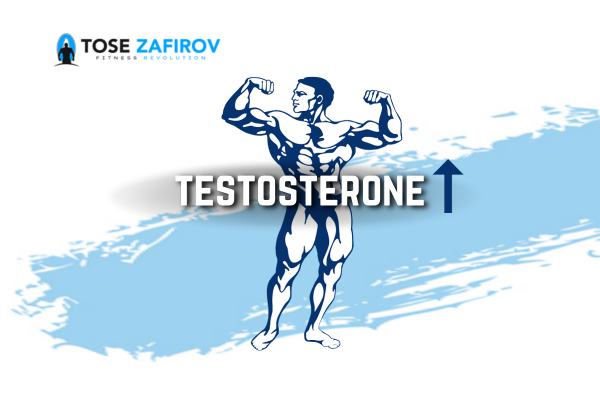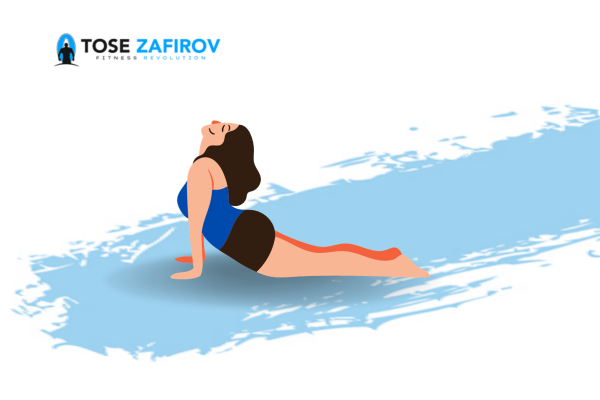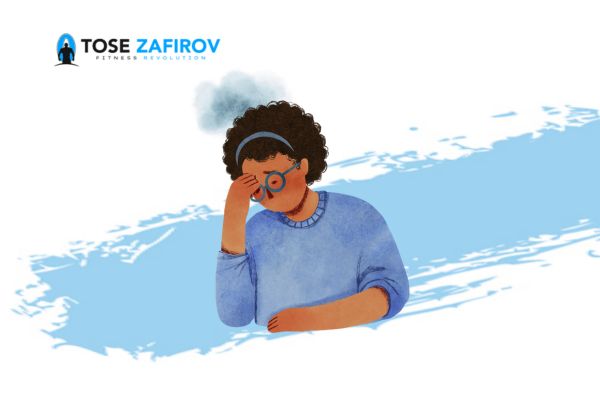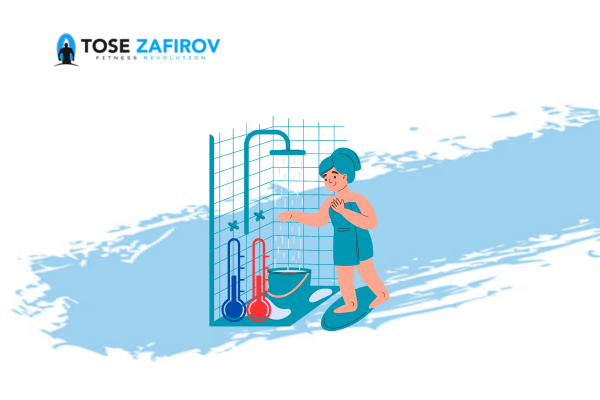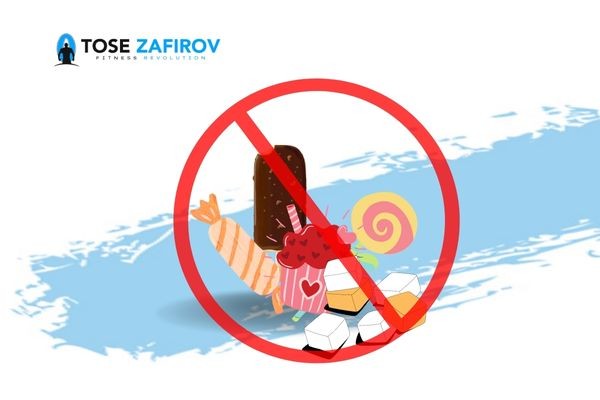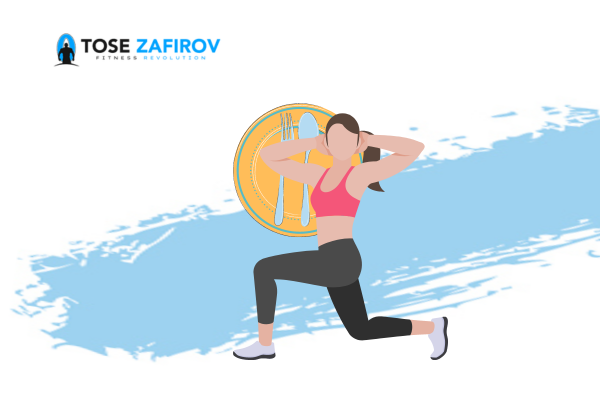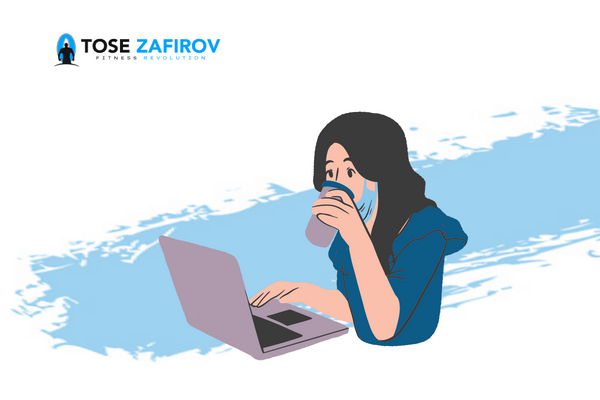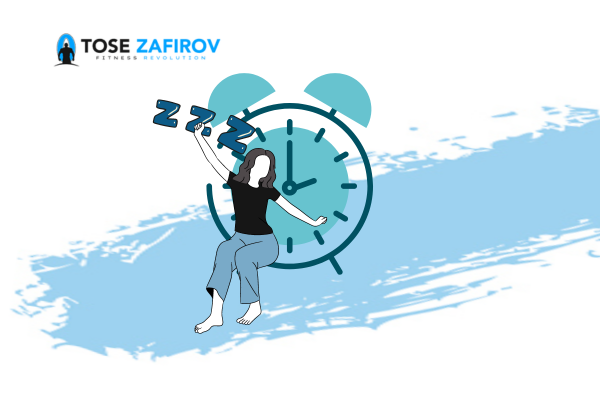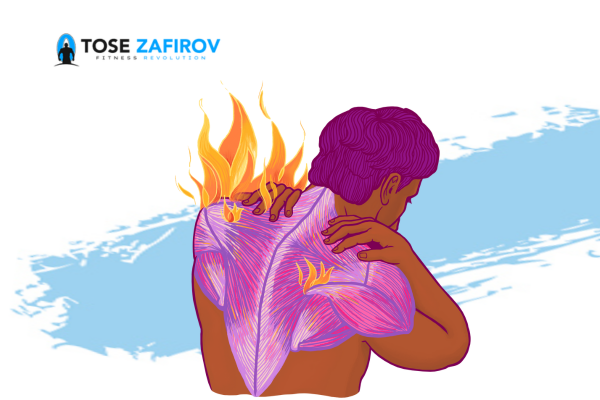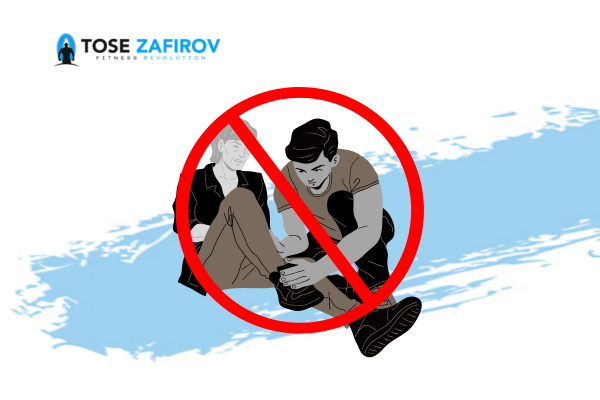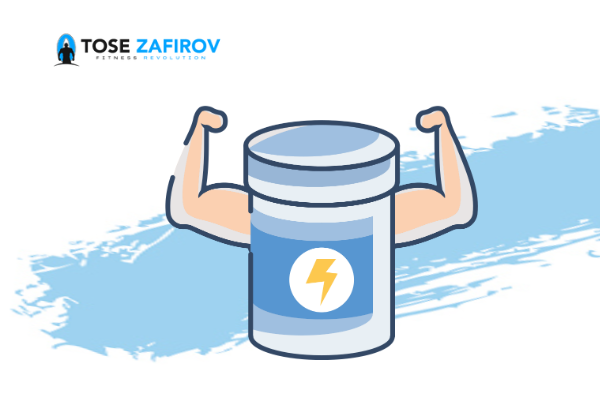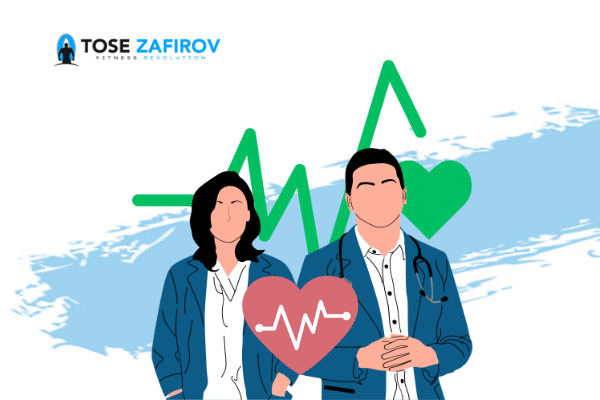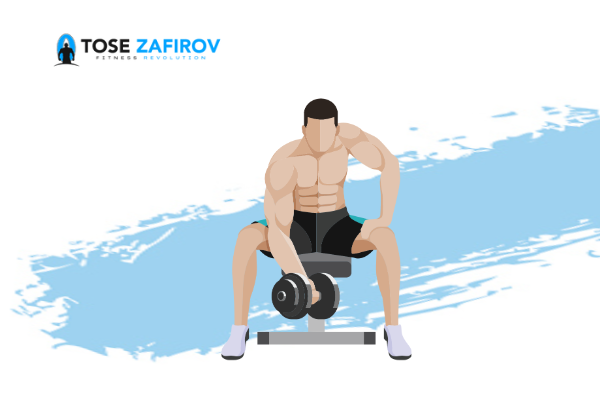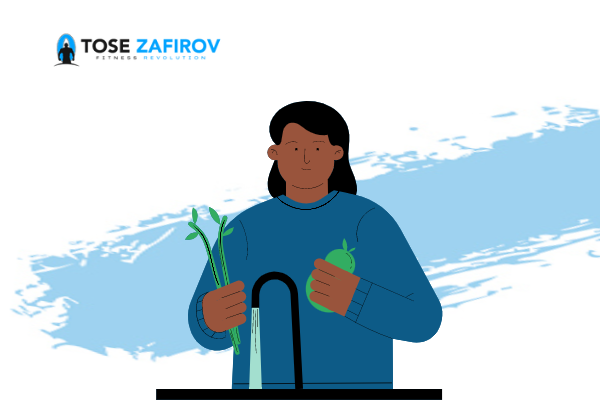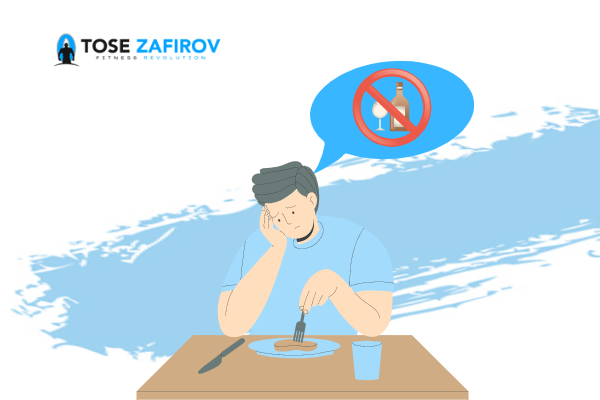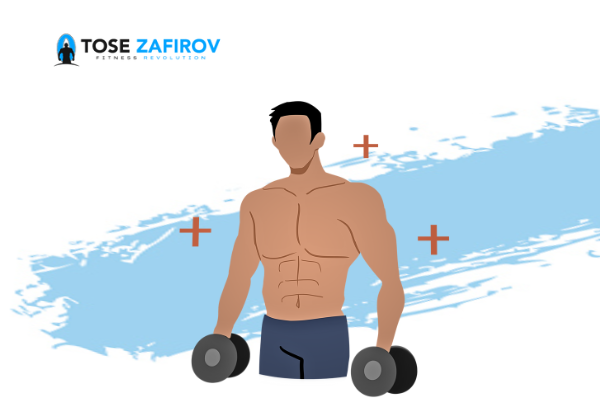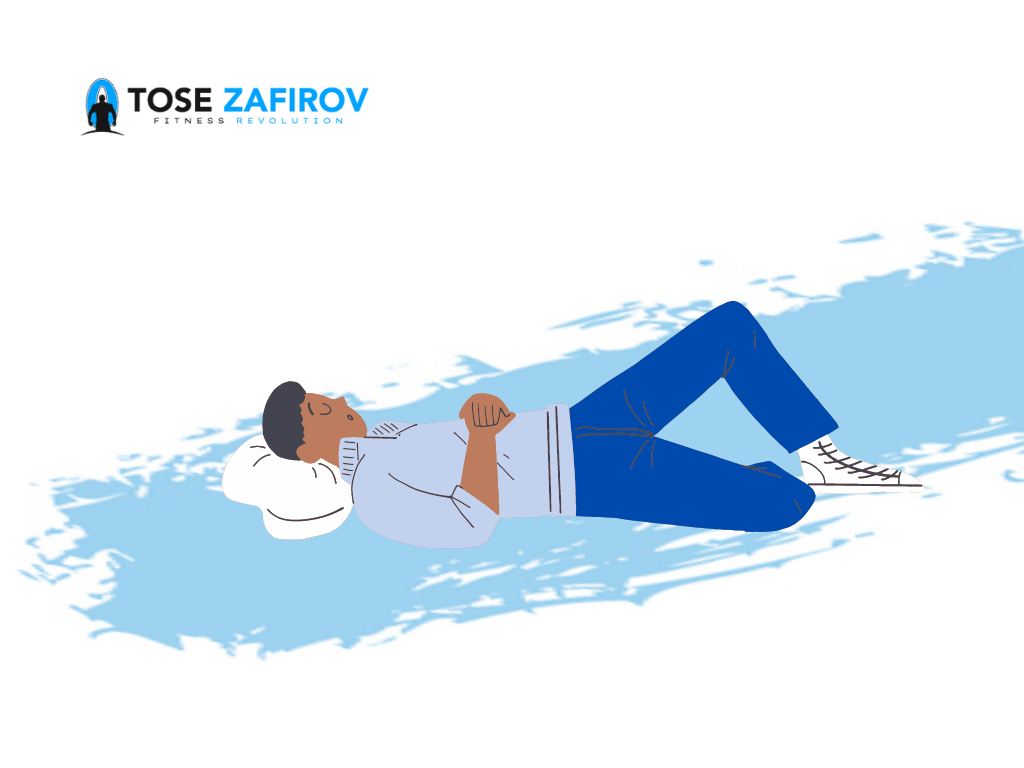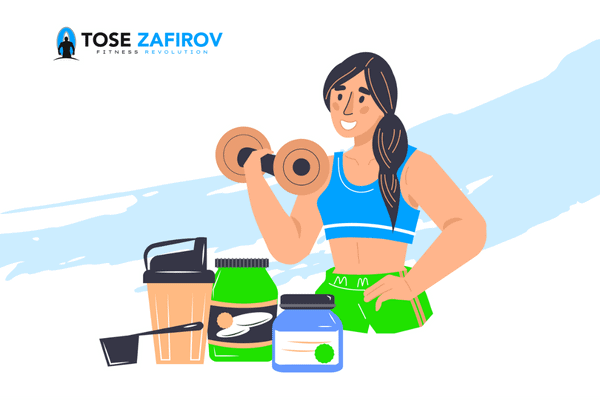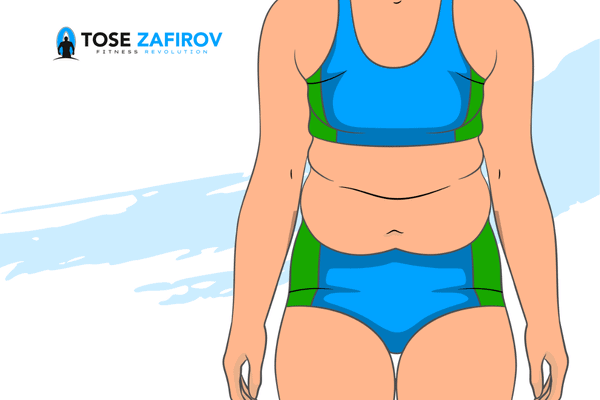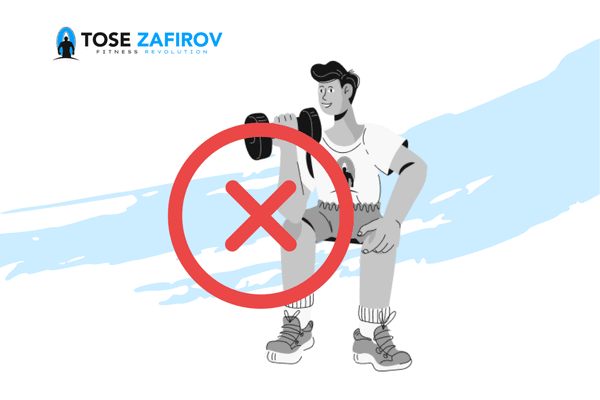Testosterone is important in many aspects of your health, from sexual function to disease risk. Learn how actions such as lifting weights can help you improve your testosterone levels naturally.
Key Takeaways:
- Recognizing Symptoms: Recognize the signs of low testosterone, including reduced sex drive, insomnia, and increased body fat.
- Lifestyle Adjustments: Implement changes like quality sleep, exercise, and avoiding estrogen-like chemicals to optimize testosterone levels.
- Impact of External Factors: Be aware of the influence of opioid pain medications and environmental toxins on testosterone levels
What Is Testosterone?
Testosterone is an important sex hormone that is mainly produced in the testicles. It plays a key role in many essential functions, including making sperm, strengthening muscles and bones, and regulating your mood and libido.1 Starting between the ages of 30 and 40, testosterone levels naturally decline as you get older. Low testosterone can also be caused by certain medications, conditions, and injuries. Common symptoms of low testosterone include lower sex drive, reduced sperm count, erectile dysfunction, and increased body fat. You may also experience insomnia, bone loss, and depression.1 Testosterone levels are measured through a blood test typically performed in the morning when levels are highest.1 If it’s determined that you have low testosterone, there are several ways to increase your testosterone levels.
Note
Increase Vitamin D Intake
Several large-scale studies have found that low vitamin D is associated with low levels of testosterone in your blood. Taking vitamin D supplements or incorporating more vitamin D into your diet may help to boost your testosterone.Foods and drinks that have been fortified with vitamin D, such as orange juice, cereal, and milk are how most Americans get most of their vitamin D. But the best dietary sources of vitamin D are fatty fish, such as trout, salmon, and tuna, and fish liver oils.
Note
Some studies have found that low levels of vitamin D could be associated with decreased testosterone levels. However, more research is needed to determine whether supplementation may be beneficial.
Get More Quality Sleep
Studies indicate that sleep-related conditions, such as insomnia and sleep apnea, as well as low-quality sleep, are linked to low testosterone in men. This is likely a two-way relationship, with low testosterone symptoms making it harder to fall asleep and sleep deprivation lowering testosterone levels.
Keeping good sleep practices may help you get a better night’s rest.
Healthy sleep habits include:
- Going to bed at the same time every night
- Shutting off your phone and other devices an hour before bed
- Keeping your bedroom quiet, dark, cool, and clutter-free
- Exercising more frequently during the day
- Cutting back on caffeine and alcohol, especially close to bedtime
Pro Tip
It’s important to get plenty of high quality sleep to maintain healthy
testosterone levels and optimize overall health.
Avoid estrogen-like chemicals
Several other factors may affect your hormone levels. For starters, a healthy sex life is important in regulating your sex hormone and testosterone levels.
High exposure to estrogen-like chemicals may also affect testosterone levels. Try to minimize daily exposure to plastic.
Minimize stress and cortisol levels
Research often highlights the dangers of long-term stress, which can elevate levels of the hormone cortisol.Sudden elevations in cortisol can quickly reduce testosterone. These hormones often work in a seesaw-like manner: As one goes up, the other comes down .Stress and high cortisol can also increase food intake, weight gain, and the storage of harmful body fat around your organs. These changes may negatively affect testosterone levels.For both optimal health and hormone levels, try to manage your stress levels. Staying active, getting plenty of sleep each night, and practicing some stress-relieving techniques may be beneficial.
Pro Tip
Chronic stress can negatively affect health and reduce testosterone levels.
Smoking Lowers Your Testosterone Level
Testosterone level is linked to the muscle building. Muscle cells have receptors for testosterone called androgen receptors. When testosterone binds to the receptors, muscle fibres are maintained. Without testosterone, maintenance stops and muscle is degraded.
Another risk of smoking cigarettes is that it can damage the testosterone-producing cells within the body. With decreasing testosterone level, the muscles start to turn to fat, particularly in unwanted zones like chest and stomach. According to a study, low testosterone is replaced by a hormone called estrogen that is linked to increased belly fat or where you least want it.
Note
Smoking can disrupt hormonal balance and lead to undesirable changes in body composition.
Exercise
A combination of aerobic (increase in heart rate) and resistance (weightlifting) training has been found to increase the production of testosterone. This also helps prevent the most common diseases that men are most likely to die from, heart disease and cancer. Overtraining in endurance sports such as American football and weight-class wrestling and excessive exercise with calorie restriction can cause testosterone deficiency as well
AVOID OPIOID PAIN MEDICATIONS
Morphine and other opiates decrease testosterone. This can go on for months to years while a person is being treated with opioid medications. Levels can drop as quickly as a few hours after starting opioids. It appears that the higher the dose of opioids, the greater the risk of low testosterone. Fortunately, this side effect should be reversible after stopping the pain medication. Of course, do not stop or change pain medication suddenly without consulting with the prescribing provider.
AVOID XENOBIOTICS
Xenobiotics are compounds from the environment that mimic the body’s hormones. Research has shown that the average testosterone level in men has gradually dropped over the years. This may be in part due to all the environmental toxins that have accumulated over the years. The main toxins that we know about thus far include the following:
• Bisphenol A (BPA). BPA is found in plastics. To avoid it, don’t microwave food in plastic containers. Avoid plastic containers with the numbers 3, 6, or 7 engraved in the triangle on the product. Buy BPA-free water containers. Drinking water out of containers with the numbers 2, 4, 5, or 7 is OK. Do not drink out of Styrofoam containers.
• Phthalates. These chemicals are used in plastics, coatings, lubricants, and binders. Many are found in hygiene products such as shampoos and colognes. A useful website on phthalate-free products is the Guide to Less Toxic Products.
• Organophosphates. These are mainly found in pesticides and herbicides. Eat organic when possible to avoid exposure to them.
The bottom line
Testosterone levels in males peak at 19 years and naturally decline with age. They decrease by an average of 1%–2% each year after age 30, although they may stabilize in your 40s or beyond . This decline is of concern because strong research shows a link between low testosterone and obesity, increased disease risk, and premature death. Healthy testosterone levels are also important for people assigned female at birth, along with other key hormones such as estrogen and progesterone. Following a nutritious diet and healthy lifestyle using some of the tips outlined above can help optimize testosterone levels and promote overall health.


